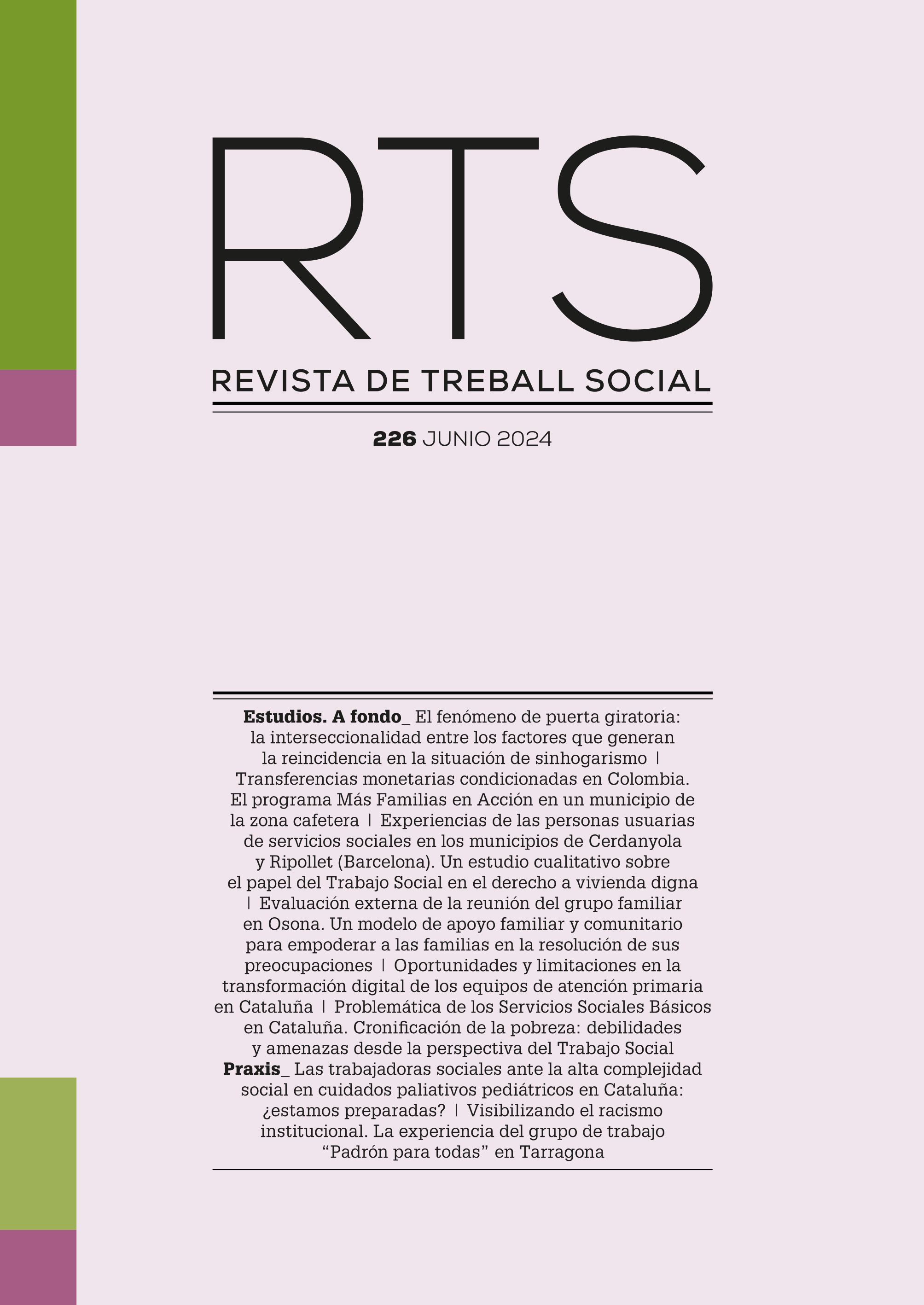The situation that has arisen as a result of the pandemic not only expedited the use of digital technologies, it also accelerated the digitisation process of society at a global level, especially during lockdown.
In the context of major crises, attempts are made to find solutions to face new challenges and obstacles both stemming from the crisis itself and from the new needs arising as a result of the pandemic. In this respect, each sector of society needs to innovate, transform and, above all, adapt to digital society. Consequently, now is the time for basic social care teams to map out their pathway towards digital transformation.
Along these lines, this paper seeks to reveal the fears and opportunities that professionals of basic social services (SSB) in Catalonia face regarding the digitisation and subsequent digital transformation of their organisations, resources and methodologies.
This article stems from the doctoral thesis entitled “The digital transformation of the social intervention of Basic Social Services in Catalonia: a challenge from the present for the future of the social world”. It is part of the URV Ph.D. programme in Social Work. In the preparation of this paper, cooperation has been provided by the iSocial Foundation and Rovira i Virgili University Foundation of Tarragona (FURV).





